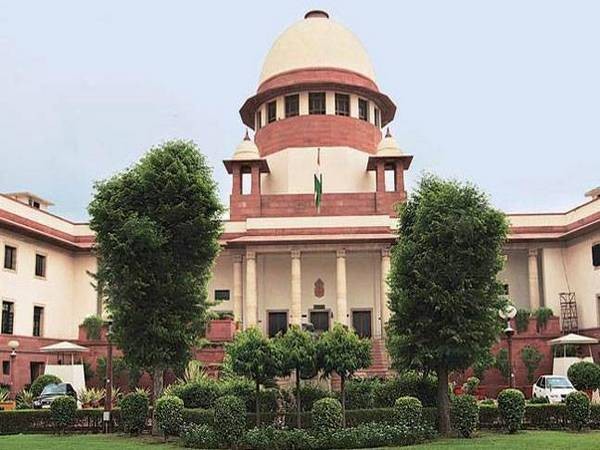Supreme Court acquits man sentenced to 10 years by HC in dowry death case
The Supreme Court has set a man free who was sentenced to ten years of jail by a trial and High Court in a dowry death case of his wife.

- Country:
- India
The Supreme Court has set a man free who was sentenced to 10 years of jail by a trial and High Court in a dowry death case of his wife. The Bench of Justices UU Lalit, Vineet Saran and S Ravindra Bhat allowed the appeal against the Chhattisgarh High Court order of upholding the man's conviction and said that the prosecution fell short of making good its case under Sections 304-B (dowry death) and 498-A IPC (anti-dowry law) and the appellant is entitled to benefit of doubt.
"We, therefore, allow this appeal, set aside the orders of conviction and sentence and direct that the appellant be set at liberty unless his presence is required in connection with any other offence," the Bench said while acquitting him. The apex court has set aside the December 9, 2019 order of the Chhattisgarh High Court, which had upheld the trial court order of convicting him and awarding 10 years of jail.
As per the prosecution, the couple were married for one and a half year and his wife had died by setting herself afire by pouring kerosene upon herself on October 2, 1998. The dying declaration revealed that the immediate cause for the victim to set herself afire was a domestic quarrel with the husband.
The counsel appearing for the man had said before the top court that the dying declaration of the victim revealed that the deceased herself poured kerosene upon her and set herself afire and that the dying declaration was well supported by the testimony of the concerned doctor. The vague allegations against her husband by some witnesses could not be taken to be sufficient proof of dowry-related harassment, the counsel added.
The apex court in its order of last week stated, "The dying declaration shows that the immediate cause for the deceased to set herself afire was the domestic quarrel with the husband. Not only does the dying declaration give details as to how the deceased suffered burn injuries but also discloses the immediate cause for her to take the extreme step. There is nothing on record to indicate that the dying declaration was obtained by fraud or misrepresentation or that the statement was not correctly recorded. It was recorded by a doctor, an independent person and satisfied all the requirements as stated by this Court." (ANI)
(This story has not been edited by Devdiscourse staff and is auto-generated from a syndicated feed.)
- READ MORE ON:
- Vineet Saran
- S Ravindra Bhat










